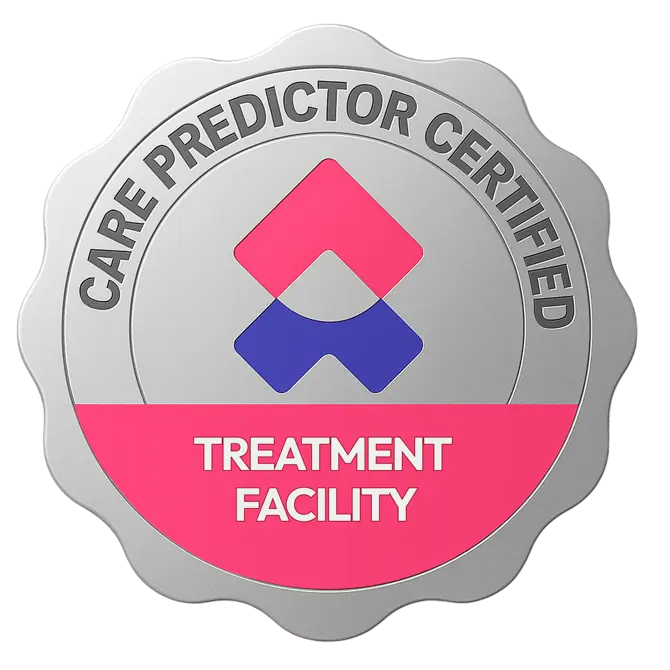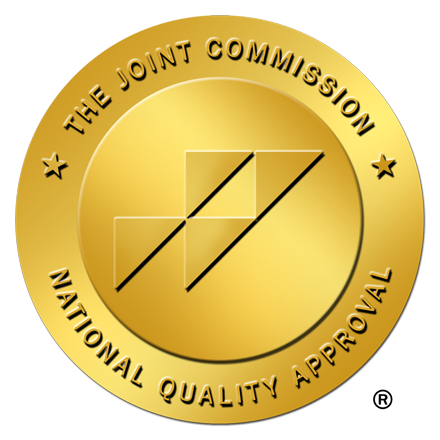Client-centered therapy is grounded in the belief that individuals have the capacity to move toward self-actualization and fulfillment when provided with the necessary conditions for growth and self-discovery.
Central to this approach is the therapist’s unconditional positive regard, empathy, and genuine acceptance of the client. Alter takes a client-centered approach to all forms of therapy.

Featured facility: San Juan Capistrano
Fostering empathy, unconditional positive regard, and genuineness in all client interactions
Central to client-centered therapy is the therapist’s ability to deeply understand and empathize with the client’s experiences. Through active listening and reflection, therapists seek to understand the client’s perspective without judgment or interpretation.
This empathic understanding creates a safe and supportive environment where clients feel validated and accepted, facilitating exploration and growth.
Client-centered therapy promotes an atmosphere of unconditional positive regard, where clients are accepted and valued for who they are without conditions or expectations. Therapists convey warmth, acceptance, and genuine interest in the client’s well-being, fostering a sense of trust and openness.
This unconditional positive regard allows clients to explore their thoughts, feelings, and experiences freely, without fear of judgment or rejection.
Therapists in client-centered therapy use reflection and clarification techniques to help clients gain clarity and insight into their experiences. By paraphrasing, summarizing, and clarifying the client’s statements, therapists facilitate deeper exploration and understanding.
This process encourages clients to reflect on their thoughts and feelings, leading to greater self-awareness and personal growth.
Yes, client-centered therapy can be effective in treating a wide range of mental health issues by providing clients with a supportive and empathetic environment to explore their feelings and experiences. Through the therapeutic process, clients can gain insight, develop coping strategies, and work towards positive outcomes.
Client-centered therapy can help with the following and more:
You can search for client-centered therapists or counseling centers specializing in person-centered therapy in your area through online directories, therapist referral services, or by asking for recommendations from your primary healthcare provider.
Alter prioritizes hiring therapists who take a client-centered approach, and we accept clients from across the United States. Call (866) 989-3395 for a free consultation today.
Call Now for Program Availability
Contact our admissions team to learn about our programs and to check availability at our facilities, or submit your insurance to verify coverage.
We accept most major insurance providers including the ones displayed here.










We accept most major insurance providers including the ones displayed here.
Submit your insurance to confirm coverage.




















Our facilities have been awarded prestigious recognition and certifications by adhering to rigorous guidelines and exceeding quality standards with consistent, safe & effective healthcare services.



Connect with our compassionate team to get a personalized treatment plan designed around your needs.
All calls are 100% free and confidential